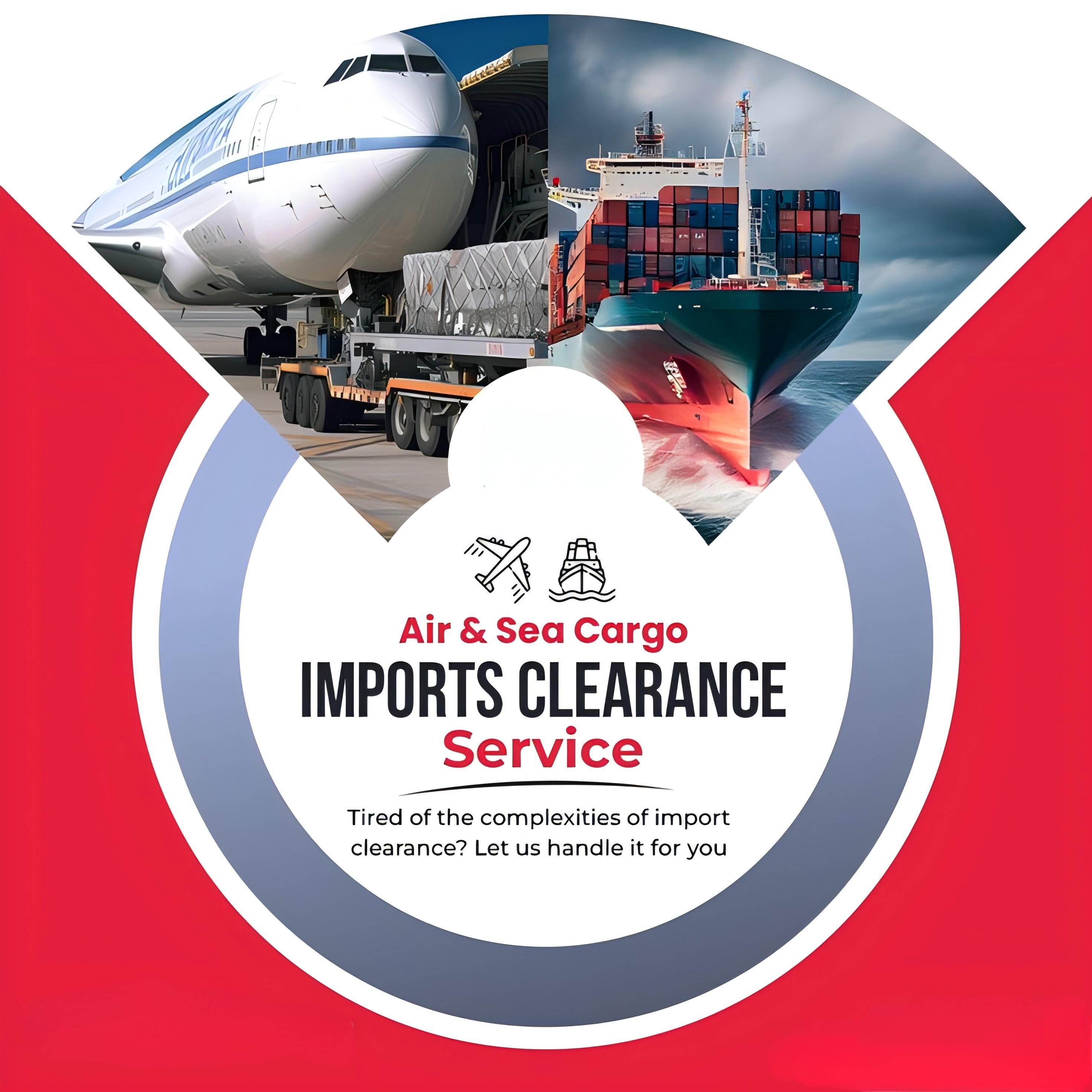Doing business with the Philippines, especially in the food and consumer goods sectors, requires a solid understanding of halal product laws. For companies aiming to enter or expand in the Philippine market, knowing how to comply with Philippines halal product laws is crucial for market access and consumer trust. This guide will walk you through the essential steps and considerations to ensure full compliance.
1. Understand the Basics of Philippines Halal Product Laws
Know the Scope
The Philippines’ halal laws cover a wide range of products, including food, beverages, cosmetics, and pharmaceuticals. These laws ensure that products meet the Islamic dietary and usage requirements, making them acceptable to the country’s Muslim population. Familiarize yourself with which product categories fall under these regulations.
Learn about Regulatory Bodies
The Department of Trade and Industry’s Halal Export Development Program (HEDP) and the Islamic Da’wah Council of the Philippines (IDCP) play key roles in implementing and enforcing halal product laws. The IDCP, in particular, is responsible for issuing halal certifications. Understanding their functions and requirements is the first step towards compliance.
2. Meet the Halal Certification Requirements
Source Halal – Compliant Ingredients
Start with your ingredient sourcing. Ensure that all raw materials, additives, and processing aids used in your products are halal – compliant. Trace the origin of ingredients and request halal certificates from suppliers to verify their compliance.
Follow Halal – Friendly Manufacturing Processes
During production, maintain halal – friendly manufacturing processes. Avoid cross – contamination with non – halal products by using separate equipment, storage areas, and production lines if necessary. Train your staff on halal manufacturing practices to ensure consistency.
3. Apply for Halal Certification
Prepare Documentation
Gather all required documents for the halal certification application. This usually includes ingredient lists, manufacturing process descriptions, and business registration documents. Provide detailed information about your product’s sourcing, production, and quality control measures.
Submit Application to the IDCP
Once your documentation is ready, submit your application to the IDCP. The application process may involve inspections of your production facilities to ensure compliance with halal standards. Be prepared to address any concerns or requests for additional information during the evaluation.
4. Maintain Compliance Post – Certification
Conduct Regular Audits
After obtaining halal certification, conduct regular internal audits of your production processes and ingredient sourcing. This helps identify and address any potential non – compliance issues promptly. You can also hire third – party auditors for more objective assessments, similar to the quality control practices of reliable logistics companies like China Top Freight.
Stay Updated on Regulatory Changes
Philippines halal product laws may evolve over time. Subscribe to official regulatory news, join industry associations, and follow updates from the IDCP. Staying informed allows you to adapt your operations and maintain compliance with the latest requirements.
In conclusion, successfully learning how to comply with Philippines halal product laws involves a comprehensive understanding of the legal framework, strict adherence to certification requirements, proper application procedures, and continuous compliance maintenance. By following these steps, you can confidently operate in the Philippine market and meet the needs of halal – conscious consumers. Utilize China Top Freight to help solve the problems you are facing. Contact us today to embark on your smooth transportation journey!


